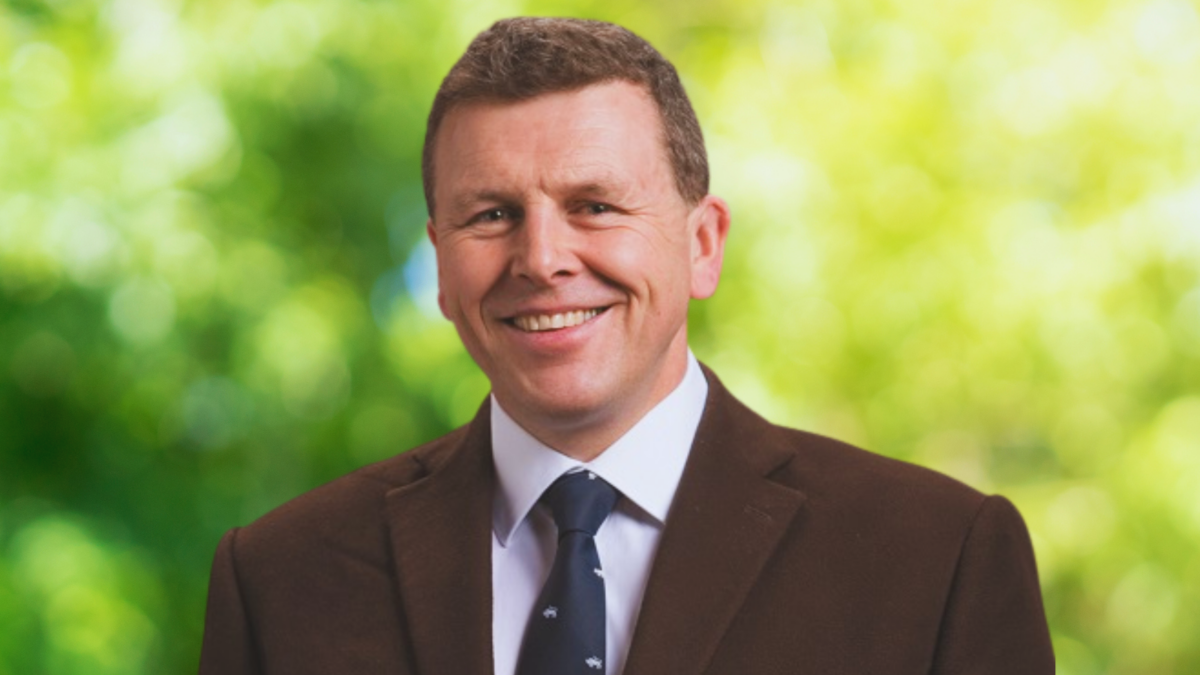After a ‘pivotal point’, natural capital on the upswing
Uptake of natural capital – which includes assets like timberland and farmland – is gathering pace as institutional investors try to match up their return and decarbonisation targets, while altered market dynamics have changed how they allocate to the asset class.
“I think we’ve moved through quite a pivotal point in time in the last six months,” says Martin Davies, head of natural capital at Nuveen. “If you go back 12 months ago investments in fixed income and equities were being substituted for real assets; the dynamics have changed quite significantly today. There are plenty of places you can get 4-500 basis points off a 10-year Treasury, and there’s your risk free rate.”
“We’ve seen a decline in the substitution of the traditional portfolio for real assets, and what we’re seeing now is some substitution in the real assets space; real estate generally is going through a pretty torrid time, while certain sectors of real estate – retail and office – have had it pretty tough in the last 18 months to two years.”
Partly that substitution is down to where the individual sectors are at, and partly because the “more informed” investor is aware that if they have a net zero target, the carbon removal aspect of natural capital assets can make a very positive contribution towards that target. New regulatory frameworks are also one of the “game changers” for the asset class, while corporates looking to deal with their own emissions are also eyeing natural capital assets over the traded carbon credit market.
“Land-based assets are one of the most cost-effective ways of taking carbon dioxide out of the atmosphere; when you really compare things like direct carbon removal it’s a polar opposite in terms of cost, and that’s a big driver,” Davies says. “You’ve also seen a number of new investment management businesses that have appeared, whether that’s collaborations that have been formed out of existing businesses or others that are setting up their business based around investing in natural capital assets.”
While good data is available, institutional uptake is still being held back by the lack of a global index; Nuveen has its own data series going back to the inception of its natural capital strategies in the 2000s, which complements the regional indices on-hand, but a global index for farmland and timberland could ultimately be used to create an indicative benchmark for natural capital at large and help potential investors come to grips with what is still a little-understood asset class.
“As is the case with anything in its infancy, the nascency and the education aspect (is a challenge) – if you talk to an investor about commercial real estate, they immediately understand how the returns are generated and what the characteristics of the asset class are,” Davies says. “But if you look at the whole agriculture value chain, there are many points in it where you could invest… It’s a fairly big area when you look at it in its entirety.”
“Then if you start looking at carbon intensity and the impact you can have on biodiversity and the environment, you’re opening up a whole new suite of information on which there needs to be education and awareness on from an investor perspective.”











